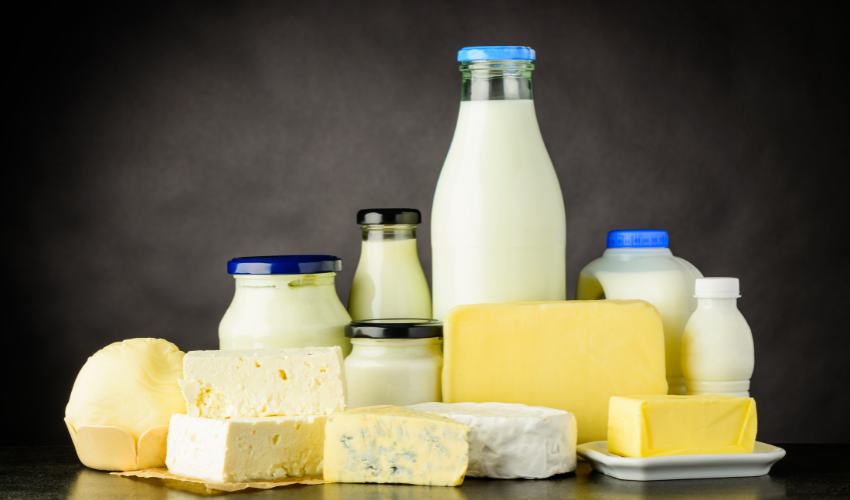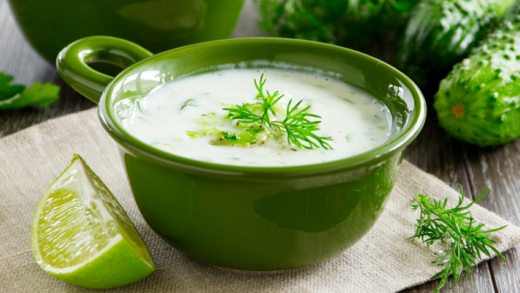Perishable products are those that have a limited shelf life and require careful handling and storage. These products are highly sensitive to changes in temperature, humidity, and other environmental factors, and can quickly spoil if not handled correctly. In this guide, we will explore the most perishable products and what you can do to extend their freshness.
The Top Contenders: The Most Perishable Products
From fruits and vegetables to dairy and seafood, there are many products that fall into the category of perishable items. Some of the most perishable products include:
- Fruits: Berries, grapes, melons, peaches, plums, and cherries are highly perishable fruits that have a short shelf life.
- Vegetables: Leafy greens, herbs, and delicate vegetables like asparagus and mushrooms are also perishable items that require careful handling.
- Dairy: Milk, yogurt, cheese, and other dairy foods are highly perishable and can quickly spoil if not stored at the correct temperature.
- Seafood: Fish and other seafood foods are highly perishable and must be kept cold to preserve their freshness.

Preserving Freshness: Tips and Tricks
To extend the shelf life of these perishable foods, it’s important to take the following steps:
- Store products at the correct temperature: Most fast spoiling products should be stored in the refrigerator, with the exception of fruits and vegetables, which can be stored at room temperature.
- Handle products with care: Gently handling perishable foods and avoiding bruising or damaging them can help extend their freshness.
- Keep products dry: Moisture can cause perishable products to spoil quickly, so it’s important to keep them dry and prevent condensation.
- Use proper packaging: Using airtight containers and bags can help prevent spoilage and extend the shelf life of perishable foods.

Frequently Asked Questions
How long do perishable products last in the refrigerator?
The shelf life of fast spoiling products can vary depending on the product and the conditions under which it’s stored. Generally, perishable foods can last from a few days to a week or more in the refrigerator.
Can perishable products be frozen?
Yes, some products can be frozen to extend their shelf life. However, it’s important to freeze them correctly to prevent spoilage and ensure that they retain their quality.
What are the signs of spoilage in perishable products?
The signs of spoilage in products can include a strong odor, discoloration, and a mushy texture. If you suspect that a product has spoiled, it’s best to discard it to avoid food poisoning.
How can I prevent spoilage in perishable products?
To prevent spoilage in products, it’s important to store them at the correct temperature, handle them carefully, keep them dry, and use proper packaging.
Can perishable be safely left out of the refrigerator for a short period of time?
It depends on the product and the conditions. Generally, fast spoiling products should not be left out of the refrigerator for more than two hours. If the temperature is above 90°F, products should be refrigerated within one hour.
Conclusion:
In conclusion, the most perishable products are highly sensitive to environmental factors and can quickly spoil if not handled and stored correctly. By following the tips and tricks outlined in this guide, you can extend the freshness of these delicate foods and enjoy them for longer. Whether you’re a home cook or a professional chef, understanding the challenges of preserving perishable foods is an important aspect of food safety and quality control.
So next time you’re shopping for fruits, vegetables, dairy, or seafood, be sure to handle these products with care and store them correctly to ensure that they stay fresh and delicious. Remember, the key to preserving the delicate freshness of the most perishable products is to take the necessary steps to extend their shelf life and enjoy their quality for as long as possible.






















